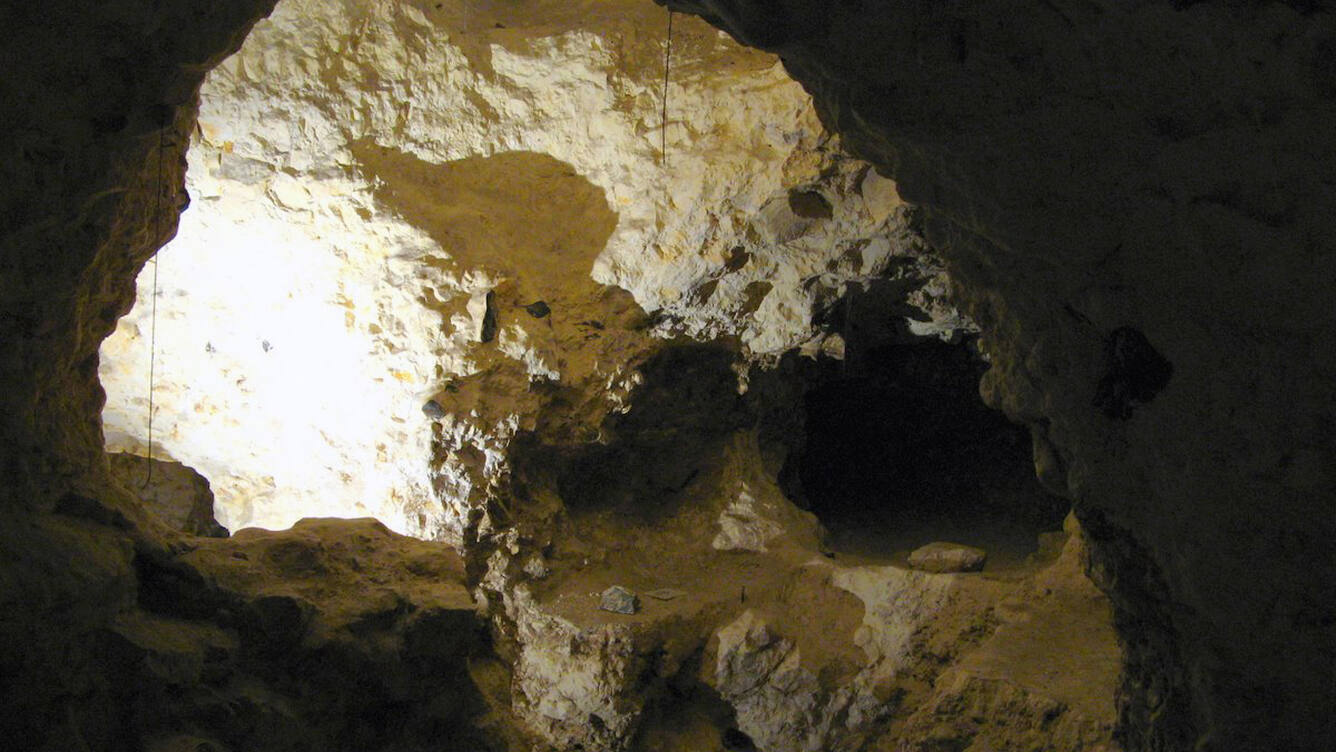Five World Heritage sites in Azerbaijan and Belgium granted “enhanced protection” in the event of armed conflict
Two World Heritage sites in Azerbaijan and three in Belgium have been given "enhanced protection" status by the Committee for the Protection of Cultural Property in the Event of Armed Conflict, which held its eighth meeting at UNESCO Headquarters from 18-19 December 2013. The properties, which have been granted this status, are the Walled City of Baku with the Shirvanshah’s Palace and Maiden Tower and the Gobustan Rock Art Cultural Landscape in Azerbaijan as well as the House and Workshop of the Architect Victor Horta, the Neolithic Flint Mines at Spiennes in Mons and the Plantin-Moretus House-Workshops-Museum in Belgium.
"Enhanced protection" is one of the features of the 1999 Second Protocol to the Hague Convention of 1954 for the Protection of Cultural Property in the Event of Armed Conflict. The granting of such protection by the Committee to sites in countries that are party to the Second Protocol can be made under three conditions: that the site be of the greatest importance to humanity; that it be protected by adequate domestic legal and administrative measures recognizing its exceptional cultural and historic value and ensuring the highest level of protection; and that it not be used for military purposes or to shield military sites and a declaration to this end must be issued.
This goes beyond the regime of general protection and means that States cannot abuse the notion of military necessity to use such cultural property for military purposes or target it deliberately. It also involves the obligation by States Parties to the Second Protocol to make intentional attacks against sites under enhanced protection a serious violation or to penalize use of such sites or their immediate surroundings in support of military action. Sixty five UNESCO Member States are party to the Second Protocol. UNESCO urges States that have not yet become party to this treaty to consider doing so.
